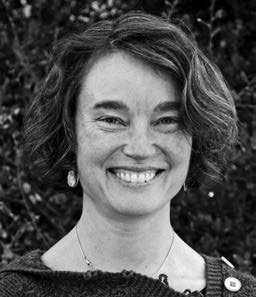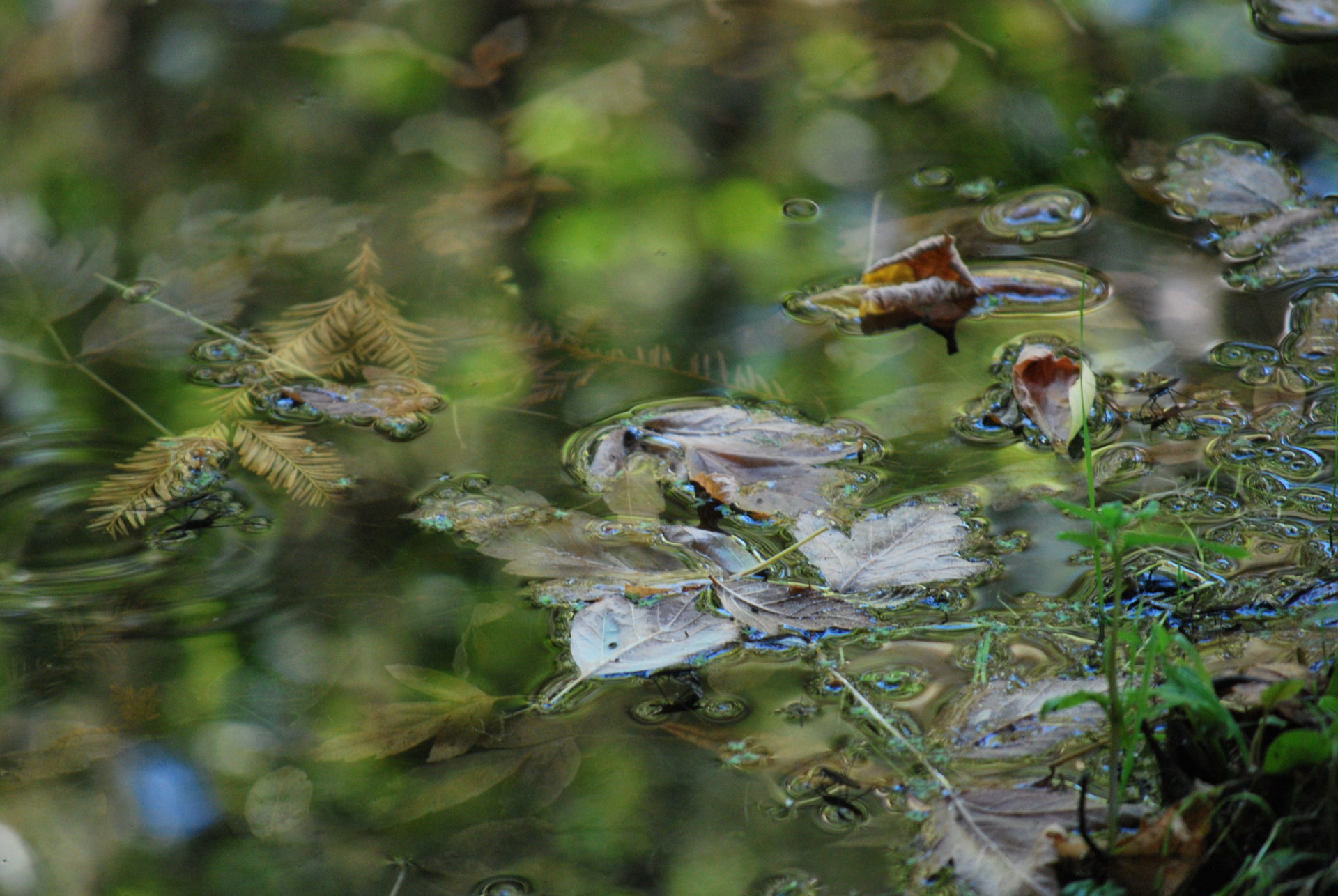
Dear Thay, dear Sangha,
Several years ago, while visiting Deer Park Monastery, I had the good fortune to talk with Sister Dang Nghiem about the art of writing. She shared a penetrating insight about the power of the written word. “Many writers are extremely skilled at describing pain and hardship,” she said. “With precise detail, they can re-create suffering very clearly and make the reader feel it acutely. But many of them do not know how to show a way out of suffering,

Dear Thay, dear Sangha,
Several years ago, while visiting Deer Park Monastery, I had the good fortune to talk with Sister Dang Nghiem about the art of writing. She shared a penetrating insight about the power of the written word. “Many writers are extremely skilled at describing pain and hardship,” she said. “With precise detail, they can re-create suffering very clearly and make the reader feel it acutely. But many of them do not know how to show a way out of suffering, and that is what we need the most.”
Our practice is to transform suffering—to turn it into soil where the flowers of understanding, compassion, and peace can grow. In order to do that, we need to be fully here and embrace suffering with our loving presence and open heart. “Aware of the suffering” is the phrase that begins each of the Five Mindfulness Trainings, and it is a theme for this issue of the Mindfulness Bell. In these pages, the writers courageously show up for suffering. They describe not just its roots, textures, and flavors but also how they have learned to transform it—how they’ve found a way out.
In “Love without Frontiers,” Thich Nhat Hanh prescribes a beautiful antidote to despair and isolation, and gives practical guidance on how to love. His wisdom, “In order to truly love, you have to understand,” is a solid foundation for the articles that follow.
This issue invites us to deepen our understanding about the suffering of racial injustice. It calls us to examine how we—especially those of us with white privilege—may be causing harm with our thoughts, words, actions, and lack of awareness. Walking a bodhisattva path requires a commitment to harmlessness, or nonviolence. How can we realize this if we harbor racism in any form? How can we experience interbeing if we have any discriminating thoughts? This issue offers ways to identify and defuse the land mines of discrimination that may be hidden in us.
Read Marisela Gomez’s and Valerie Brown’s illuminating article on equity. How do you answer their call to action? Read Joanne Friday’s account of a deep listening workshop. Could it be a model for your Sangha? And read Sister Hai Nghiem’s pointed self-inquiry. What does it awaken in you? Then write to us. Tell us how you and your Sangha are unlearning racism, cultivating nondiscrimination, and building beloved community.
This issue also sheds light on other forms of suffering—imprisonment, illness, grief—and how these can be transformed with compassion and mindfulness. And we have the treat of reading about the making of Walk With Me, a forthcoming documentary about Plum Village and the inner and outer journeys of our monastic sisters and brothers on tour.
In all of these Dharma sharings, our teacher’s presence radiates. “Look again, you will see me in you and in every leaf and flower bud. / If you call my name, you will see me right away,” Thay wrote in his poem, “A Teacher Looking For His Disciple.” There is no distance between Thay and the Sangha. Mindfully breathing in, peacefully breathing out, we find ourselves home.
With love and gratitude,

Natascha Bruckner
True Ocean of Jewels

